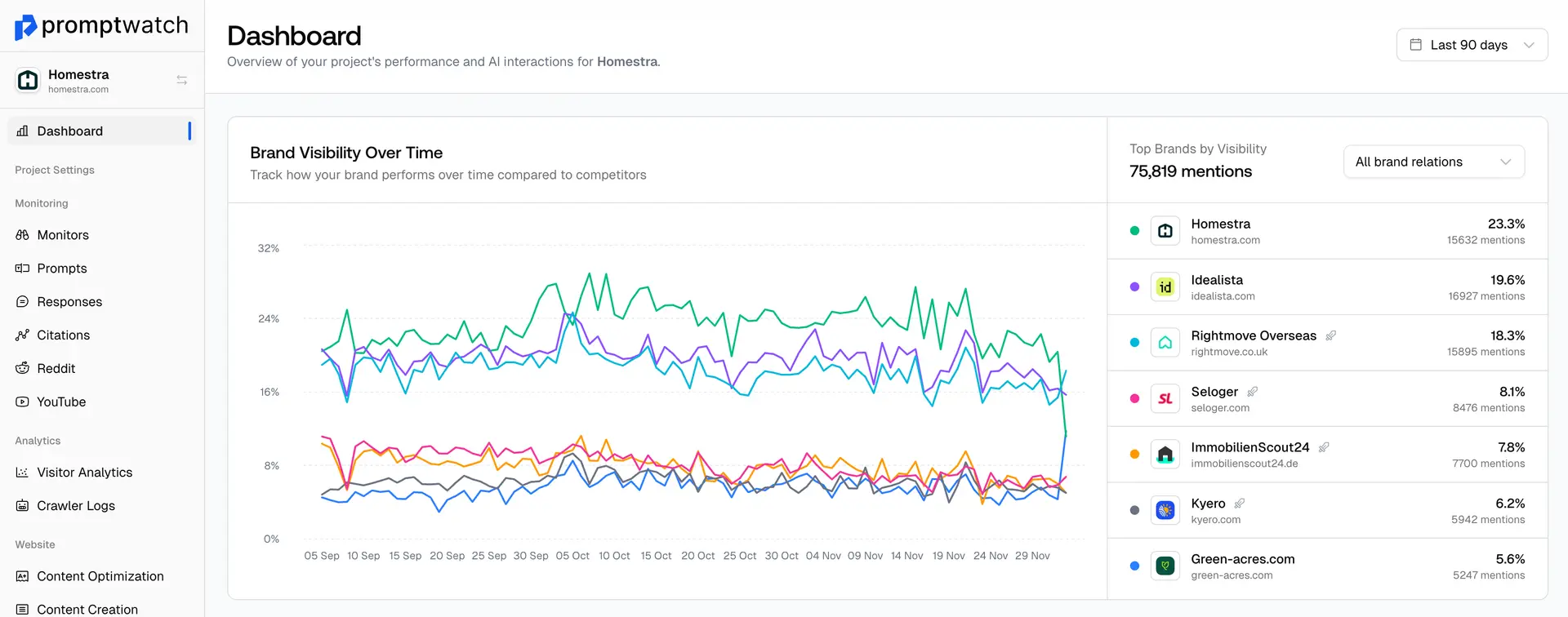Definition
LLM Citations refer to the references, source attributions, and links that large language models provide when generating responses to user queries. These citations serve multiple purposes: they allow users to verify information, provide credit to original sources, and help establish the credibility and reliability of AI-generated content.
The quality and presence of LLM citations vary significantly between different AI platforms. Some systems like Perplexity AI provide direct links and detailed source attribution, while others like ChatGPT may mention sources without providing direct links. Google AI Overviews typically include source links, while Claude tends to be more general in its attribution.
For businesses focused on GEO, LLM citations represent the primary value proposition of AI optimization. Being cited by AI systems can drive traffic, establish authority, and increase brand visibility in ways similar to traditional backlinks but potentially with greater impact due to the trust users place in AI recommendations.
Factors that influence LLM citation likelihood include content authority and expertise signals, factual accuracy and verifiability, comprehensive topic coverage, proper source attribution in original content, domain authority and trust signals, content freshness and relevance, structured data implementation, and alignment with AI platform preferences.
Types of LLM citations include direct links to source websites, author and publication attribution, general source mentions without links, embedded quotes with attribution, and reference lists or footnotes. The format and style of citations depend on the specific AI platform and the type of query.
Optimizing for LLM citations requires creating citation-worthy content with statistics, expert insights, and original research, implementing proper schema markup and structured data, building domain authority and trust signals, maintaining content accuracy and freshness, and ensuring content is easily extractable and attributable by AI systems.
Monitoring LLM citations is crucial for measuring GEO success and understanding how AI systems represent your brand and expertise across different platforms and query types.
Examples of LLM Citations
- Perplexity AI citing a research study with direct links when answering questions about industry trends
- Google AI Overviews including source links to authoritative websites when providing comprehensive answers
- ChatGPT mentioning specific companies or experts when discussing best practices in various fields
